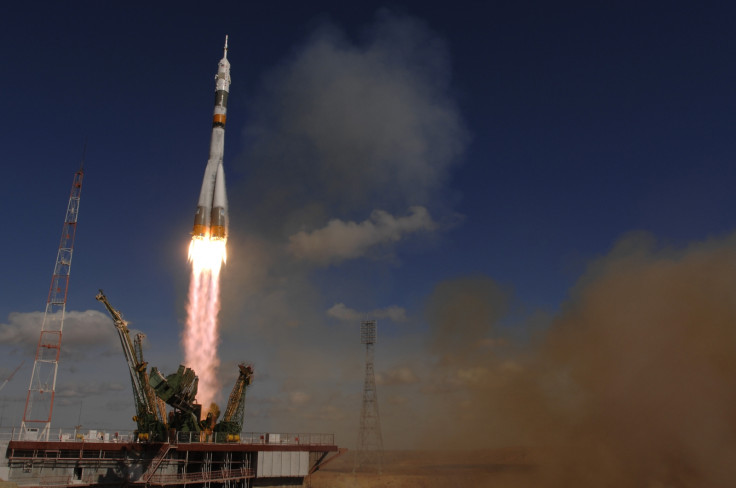Raspberry Pi apps created by UK children will embark on 6-month ISS mission

Primary and secondary school children will see applications they have created be used to control a pair of Raspberry-Pi computers on board the International Space Station.
The competition will open in January 2015, and asks children to dream up apps which will use the computers to monitor data in five categories: Spacecraft Sensors; Satellite Imaging; Space Measurements; Data Fusion; and Space Radiation.
To give children of all ages a chance at winning, the competition is split into several categories based on age. Primary school children will be asked to devise and describe an original idea for an experiment which can be conducted by the computers, with the best two being created by a team of coders from Raspberry-Pi and used on the six month space mission.
For secondary school children there are three age groups based on the educational Key Stages 3, 4 and 5, with the best 50 entries in each group winning a Raspberry-Pi computer, before the top two in each group also see their apps come to life and blast off into space.
The competition opens at the BETT (British Education, Training and Technology) conference, which runs between 21 and 24 January, and closes on 3 April for primary schools, and 29 June for secondary school entries.
Once coded by a team of developers from Raspberry-Pi, the winning applications will be taken by British astronaut Tim Peake to the International Space Station for six months. Data collected by the apps will be downloaded to Earth and shared with the winning teams.
© Copyright IBTimes 2025. All rights reserved.






















